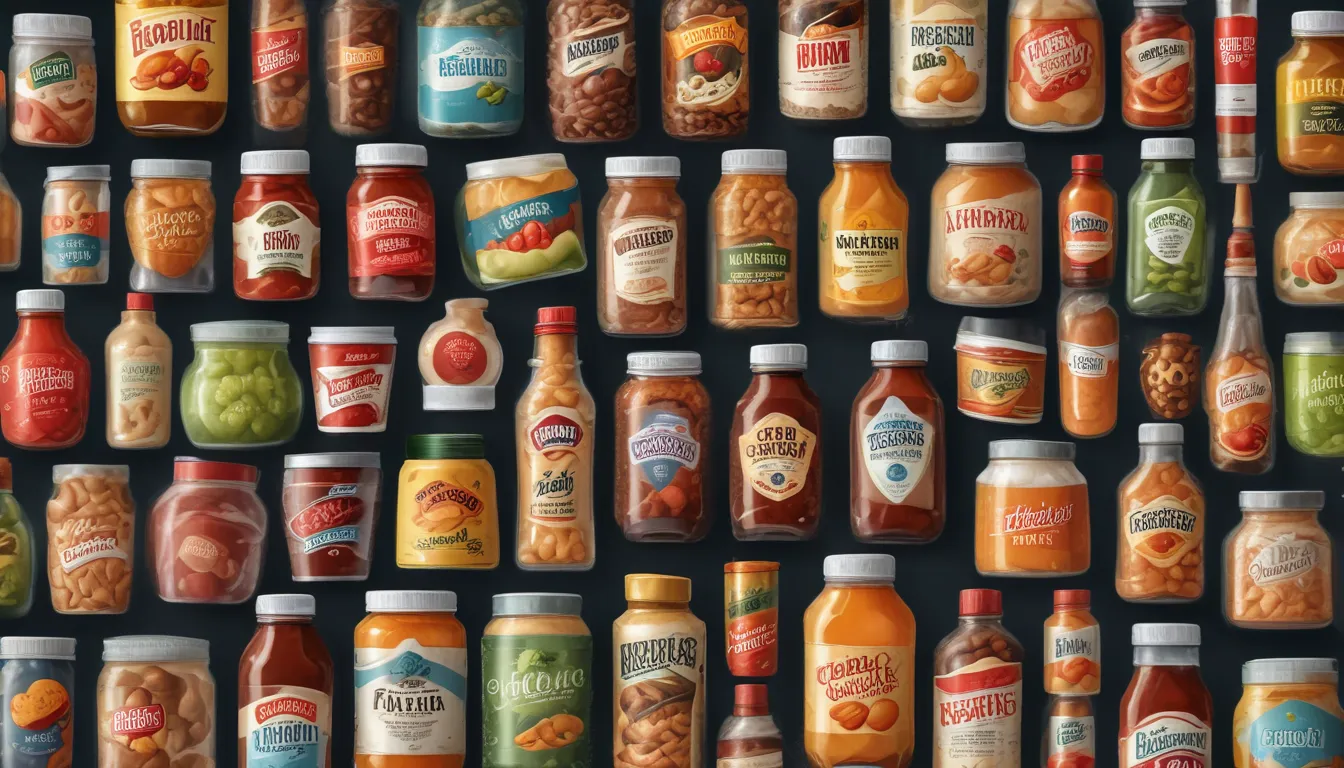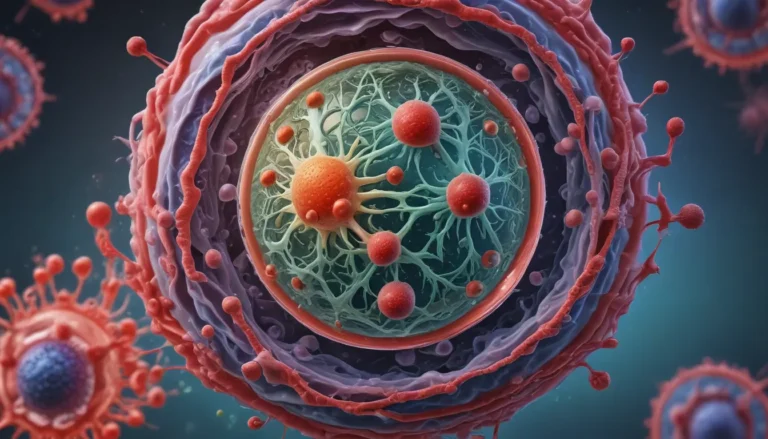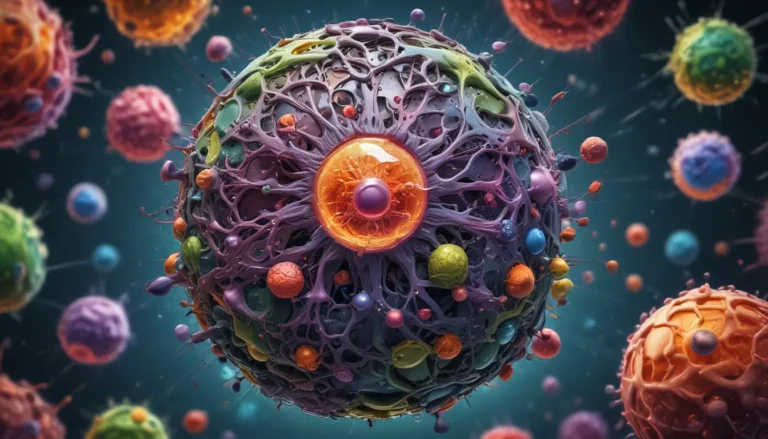A Note About Images: The images used in our articles are for illustration purposes only and may not exactly match the content. They are meant to engage readers, but the text should be relied upon for accurate information.
In today’s fast-paced world, processed and packaged foods have become a staple in our diets. To enhance flavors, extend shelf life, and improve texture, food manufacturers often rely on a wide range of food additives. While these additives are essential for making our food more appealing, there are growing concerns about their impact on our health. In this article, we will delve into the fascinating world of food additives and uncover 20 astounding facts that will deepen your understanding and leave you amazed.
The Evolution of Food Additives
Since ancient times, people have been using various substances to enhance the flavor, texture, and appearance of their food. Whether derived from natural sources like plants and animals or chemically synthesized in laboratories, food additives have been an integral part of culinary practices for thousands of years.
The Regulation of Food Additives
Government agencies closely monitor and regulate the use of food additives to ensure they are safe for consumption. Extensive research and testing are conducted to evaluate the safety of food additives before they are approved for use in the market.
The Functions of Food Additives
Food additives serve various functions, including preserving food, enhancing visual appeal, improving taste, and stabilizing texture. From antioxidants to colorants to flavor enhancers, these additives play a crucial role in the production of a wide variety of processed and convenience foods.
Types of Food Additives
Food additives are categorized into different groups based on their functions, including preservatives, color additives, flavor enhancers, emulsifiers, and more. Each type of additive serves a specific purpose in enhancing the quality and shelf stability of food products.
The Controversy Surrounding Food Additives
While most food additives are considered safe for consumption, some have been linked to health concerns and controversies. Artificial sweeteners like aspartame, for example, have sparked debates regarding their long-term effects and safety.
Allergies and Sensitivities
Certain food additives, such as sulfites and specific food colorings, have been known to cause allergic reactions and intolerances in some individuals. It is essential for consumers to be aware of any known sensitivities and read food labels carefully to avoid adverse reactions.
The Future of Food Additives
As consumer preferences shift towards cleaner and more environmentally friendly products, there is a growing demand for natural and sustainable alternatives to traditional food additives. Scientists and food technologists are continuously working to develop safer and more effective additives to meet these evolving needs.
Frequently Asked Questions About Food Additives
-
What are food additives?
Food additives are substances added to food during processing or preparation to enhance its flavor, texture, appearance, or shelf life. -
Are food additives safe to consume?
Most food additives are deemed safe for consumption by regulatory authorities. However, some additives may cause adverse reactions in individuals with specific sensitivities or allergies. -
What are some common food additives?
Common food additives include preservatives, flavor enhancers, sweeteners, emulsifiers, and colorants. -
Are food additives natural or synthetic?
Food additives can be both natural and synthetic. Natural additives are derived from natural sources like plants or animals, while synthetic additives are chemically manufactured. -
Can food additives cause health problems?
While most food additives are considered safe, some individuals may experience adverse reactions such as allergic reactions or intolerances. It is best to be aware of any known sensitivities and read food labels carefully. -
How can I avoid consuming excessive food additives?
To reduce your intake of food additives, opt for fresh and unprocessed foods whenever possible. Reading food labels and choosing products with minimal additives can also help. -
Are there any regulations on food additives?
Yes, there are regulations in place to ensure the safety and labeling of food additives. Regulatory authorities set acceptable daily intake levels and require manufacturers to list additives on food packaging. -
What should I do if I suspect an adverse reaction to a food additive?
If you suspect that a food additive is causing adverse reactions, consult a healthcare professional to determine the cause and appropriate steps to take.
Exploring Unique Food Additives: Xanthan Gum, Guar Gum, and Gelatin
Xanthan gum is known for its unique characteristics that make it a popular choice in various food products. Guar gum offers its own set of nutritional benefits and applications, while gelatin, a familiar name to many, has an interesting background and nutritional profile worth exploring.
Conclusion
Food additives play a critical role in the food industry by enhancing taste, appearance, and shelf stability. While they bring many benefits to the table, it is crucial to be aware of potential risks and side effects associated with these additives. By understanding the facts about food additives, we can make informed choices about the foods we consume and ensure our health and well-being.
In conclusion, as we navigate the world of food additives, let us remember to be mindful of what we consume and how it impacts our bodies. By choosing wisely and staying informed, we can enjoy the benefits of additives while minimizing any potential risks. Let’s embark on a journey of discovery and exploration as we uncover the secrets of food additives and make healthier choices for ourselves and our families.






